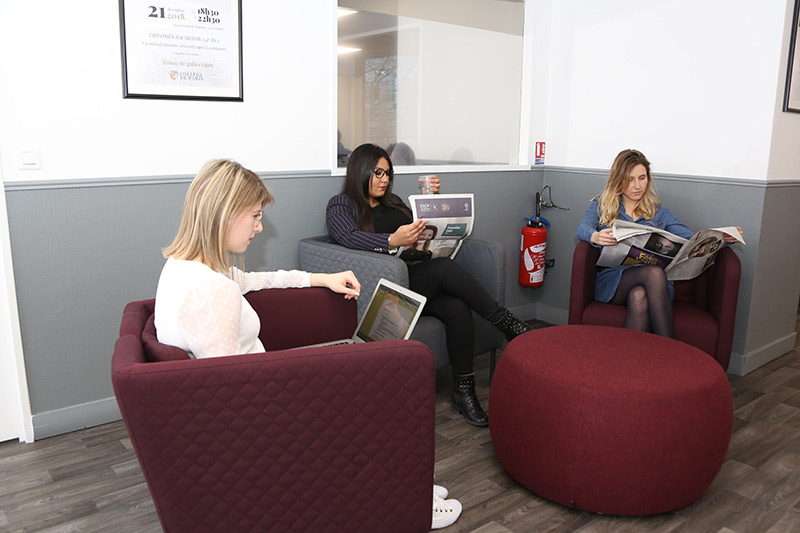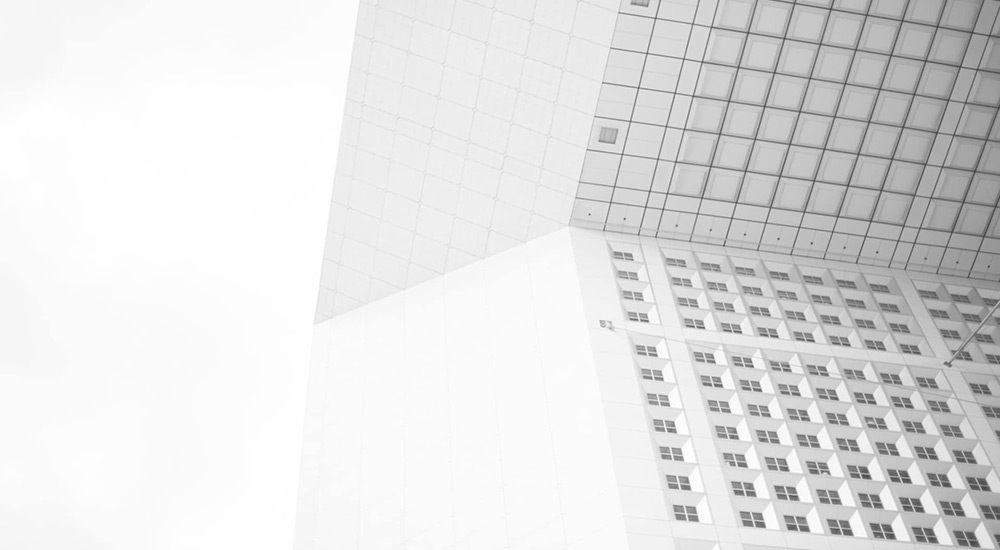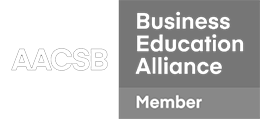Hello Sara, can you introduce yourself?
My name is Sara Gil Prata, I work as a sophrologist and hypnotherapist in Rueil-Malmaison. I receive people individually in my office, and I intervene for groups in different institutions, and also for training in companies.
What is your background?
I worked for almost 30 years in a company, I had the chance to occupy many management positions, I also worked as a company manager in the field of computer management. Six years ago, I asked myself what I wanted to do with my next 25 years? I realized that the common thread of my career had been the accompaniment of employees to change in their work environment and in their company. Bouncing on my skills and know-how in coaching to use them in personal development and therapeutic help has been my main motivation. So in 2017, I trained as a sophrologist and then trained for over a year in hypnosis. I always intervene in companies, on themes such as the quality of life at work, the management of psychosocial risks, non-violent communication, skills assessment, manager coaching. In parallel, I am also a lecturer for management modules at Ascencia Business School.
What is sophrology?
Sophrology is a method created by Dr. Alfredo Caycedo, a neuropsychiatrist in the 1960s. At that time, there were very few Western therapeutic tools; positive thinking (Dr. Coué), phenomenology (Edmund Husserl), hypnosis, etc. ….Thanks to his multiple trips to Asia (India, Tibet…), he was able to learn different practices (Yoga, Zen, Buddhism, etc…) that he then imported. It is a psycho-corporal method that allows you to find a daily well-being and to discover your potential. Alfonse Caycedo built 4 large groups of protocols with different objectives: Improvement of Daily Life, Therapeutic Accompaniment (medical treatment), mental preparation (exams, childbirth) & behavioral disorders. Each protocol consists of 8 to 12 sessions, with a clearly defined objective and prioritized session intentions. The first part of a session is based on physical relaxation (muscle relaxation and breathing) and the second on mental suggestion.
What’s in it for the students?
I give management courses to Ascencia students. Thus, I was able to become aware of the students’ morale due to their current living conditions induced by the ongoing health situation. I proposed the implementation of sophrology sessions to help them better manage stress, emotions, morale, motivation, confidence and self-esteem. The proposed protocol is that of mental preparation for exams, which will also motivate them to change their “confined” daily life.
How is it organized?
One session per week, for 8 weeks, which practically brings us to exam dates. The principle is to become, for the student, actor of his change, and the therapeutic contract passed between us, is to grant a time for oneself each day of approximately 45 Minutes, to carry out the exercises seen in session, and to listen to the sophronization.
Why did Ascencia call you ?
As I said, as a teacher, I have seen the psychological state of homebound students who are no longer stimulated and have almost no social life. Their living space is their room, but it is also their gym, their play area, their classroom, their workplace, their cafeteria, etc… It is therefore a heavy environment for them where, in the long run, it is difficult to find motivation. So I approached the management of Ascencia Business School to bring my expertise as a sophrologist to the students, and the idea was greatly appreciated. The advantage of distance learning is that the sessions are given via internet, I am not limited in the number of participants, so I can propose this initiative to the 4 sites of Ascencia Business School.
Any advice for students in this difficult time?
My first advice is to do sophrology and especially to get out! Despite the confinement, you must force yourself to get some fresh air every day and establish a discipline of life. With the health crisis, the question “what am I doing with my life?” comes faster. It is thus necessary to build a framework of life as pleasant as possible, to open with new leisures, to maintain the social bonds, to leave its framework of life (its room in particular)… The rhythm imposed currently rests on: work, duty, dodo. It is therefore necessary to take advantage of this moment of “constraints” to seize the opportunities that are offered: work on your personal development, learn to know yourself better, discover your potential. It is an accelerated way to discover new horizons. You have to learn to think differently and with new tools to change your life dynamics. I take the opportunity of this interview to tell you that it’s time to think about yourself and your life path!
If you too wish to take the plunge, visit the dedicated website.






